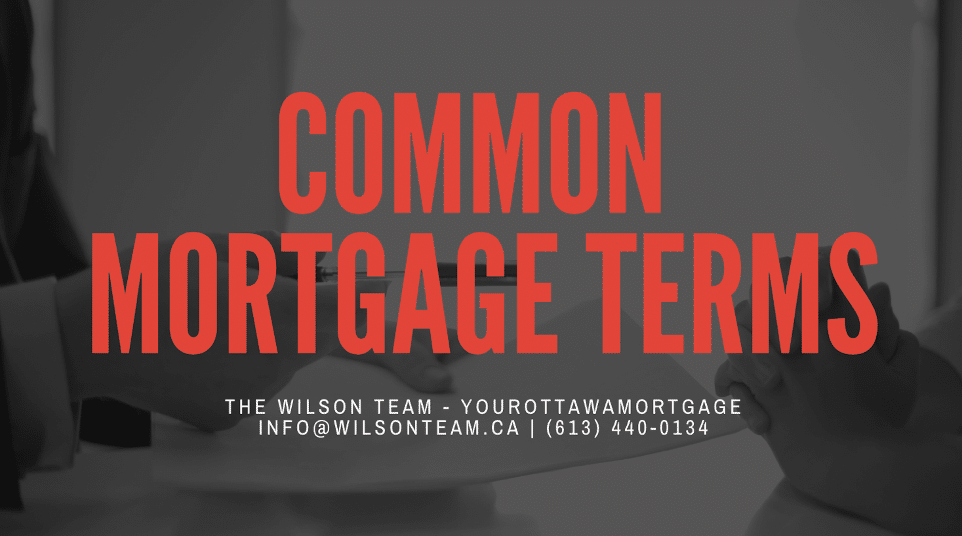As an Ottawa mortgage broker, I help home buyers find the best mortgage term for their needs. Mortgage term refers to the length of time that you will remain committed to a mortgage rate and the conditions that have been outlined by the lender. Mortgage terms in Canada can run from six months to ten years. The most popular mortgage term is a 5-year mortgage, with 2 to 4-year terms coming in second. Once that term expires, you will need to renew your mortgage, which will be based on the principle still owed. It’s fairly standard for Canadian homeowners to renew their mortgages several times over the life of the mortgage.
Choosing a Mortgage Term
So, how do you choose the right mortgage term for you? This is down to your financial situation, what your long and short-term goals are, and your risk tolerance. Some will go for a long-term loan if they want to lock in a good interest rate. Some will go for a short-term mortgage rate because it gives them more flexibility. If you think there is a chance of selling your home in the next few years, a short-term mortgage can be more beneficial because you won’t have to pay a prepayment penalty.
It’s important to keep in mind that the interest rate you get is directly affected by the term time that you choose. Generally speaking, short-term mortgages have lower rates of interest, whereas a longer-term mortgage will have higher rates. Saying that a long-term mortgage offers more protection when interest rates fluctuate.
Mortgage Rate Qualification
In January of 2018, the mortgage stress test was brought in by Canada’s federal banking regulator. Before this, only those who put down less than 20% of a down payment were subject to this stress test. However, homeowners now have to qualify at a rate that is higher than what their mortgage provider has given them. This adds 2% points to the rate your lender gives you. For example, your bank or broker offers you a rate of 3.09%. This means you would have to qualify (be able to afford) at 5.34%
Breaking a Mortgage Term
There will always be times when personal situations change and you are in a situation where you have to end your mortgage term early. This may be down to moving, having to refinance, or a major life event. You may be subject to a pretty hefty prepayment penalty for breaking your mortgage term early.
There are alternatives to breaking a mortgage term early, such as porting the mortgage to the next home you buy. You could also have the buyer of your home take on the mortgage.
Types of Mortgages
There are several types of mortgages that you can opt for.
- Conventional Mortgage – you make the minimum 20% down payment and are not required to have mortgage insurance.
- High Ratio Mortgage – you have less than the 20% down payment, and you are required to have mortgage insurance.
- Open/Closed Mortgage – an open mortgage allows you to pay off the mortgage in full whenever you want without being penalized. A closed mortgage restricts how much you are allowed to pay.
- Fixed-Rate Mortgage – locks in your mortgage rate for the entire term of your mortgage.
- Variable Rate Mortgage – the rate isn’t locked in and can vary throughout the term of the mortgage.
- Portable Mortgage – allows you to transfer your mortgage from one property to another with no penalties.
- HELOCs – home equity line of credit, which allows you to tap into the equity of your home.
- Cash Back Mortgage – you receive a lump sum upfront to use expenses. These usually have higher interest rates.
- Renovation Loan – used for raising the value of the home through renovations.
If you have questions about mortgage terms and want to see what’s available to you, give our Ottawa mortgage broker team a call today!




